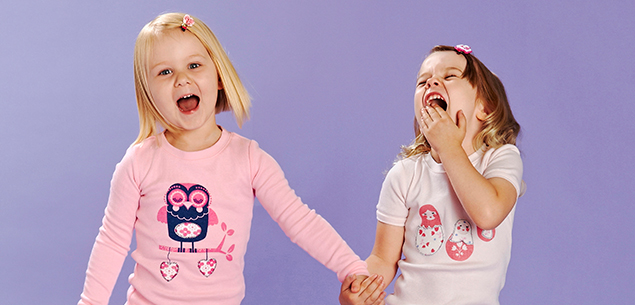Every morning thousands of Kiwi children wake up to find themselves lying in wet sheets. Bedwetting is quite common, with 15% of five-year-olds, five percent of 10-year-olds and two percent of 15-year-olds still suffering from it.
It’s highly embarrassing for children and frustrating for their parents. Most kids grow out of it, although if they are still wetting the bed at seven, it’s a good idea to seek medical advice. You should also see the doctor if they start wetting the bed after six months or more of being dry at night, or if they are unusually thirsty.
What causes bedwetting?
There’s no obvious cause, but it could be due to:
A small bladder that can’t hold all the urine produced during the night
Genetics. Bedwetting often runs in families
Inability to recognise when their bladder is full, especially if they are a deep sleeper
A hormone imbalance. Some kids have lower levels of the hormone that tells their kidneys to make less urine
An overactive bladder. They may also tend to wet their pants during the day
Stress
A urinary tract infection
Sleep apnoea. Symptoms of this would also include daytime drowsiness and snoring
Diabetes. Other signs include increased thirst and fatigue
Constipation. A full bowel can leave their bladder unable to hold much urine
A structural problem in the urinary tract.
One thing that isn’t responsible for bedwetting is laziness. Your child doesn’t wet the bed because they can’t be bothered to get up – who would willingly do that?
How can it be treated?
Restrict fluid intake a couple of hours before bedtime
Avoid food and drink that contains caffeine, such as chocolate, tea, cola or energy drinks as caffeine can irritate the bladder
Encourage them to go to the toilet just before they go to bed
Get them checked out by a doctor to rule out any medical problems, such as diabetes
Use a bedwetting alarm. These are pads they lie on that sense moisture, setting off an alarm that wakes your child so they can stop peeing, get up and go to the toilet to finish emptying their bladder
Medication. This is usually a last resort in cases that haven’t responded to other treatment. There are drugs available that can reduce bladder contractions or force the production of the hormone that tells the body to make less urine at night.
Two things you should never do
Take them to the toilet in the middle of the night while they are asleep. They won’t learn to recognise the sensation of a full bladder when they’re asleep. The aim is to get them to wake up on their own so they can empty their bladder on the toilet
Get angry. They’re not doing it deliberately and yelling at them will just make them more stressed, when they are most likely already going through a tough time because of the bedwetting. They need you to support them, not shout at them.
Take a look at this at home eye screening test for children here.
Image: Dave Wheeler/ bauersyndication.com.au




